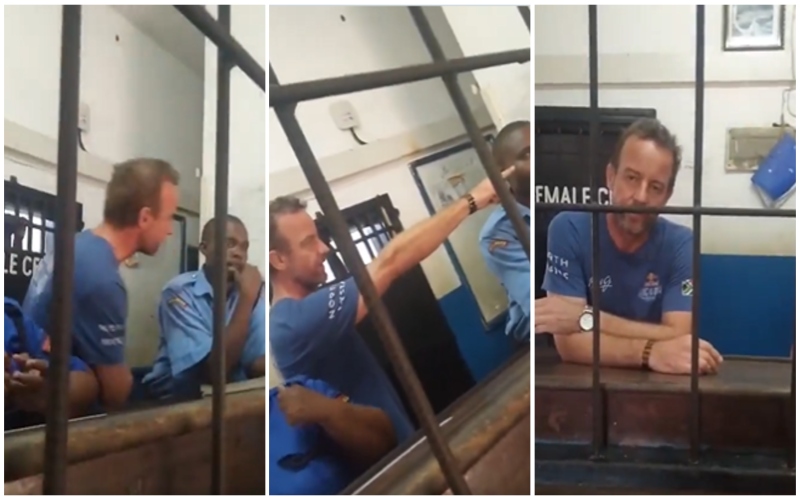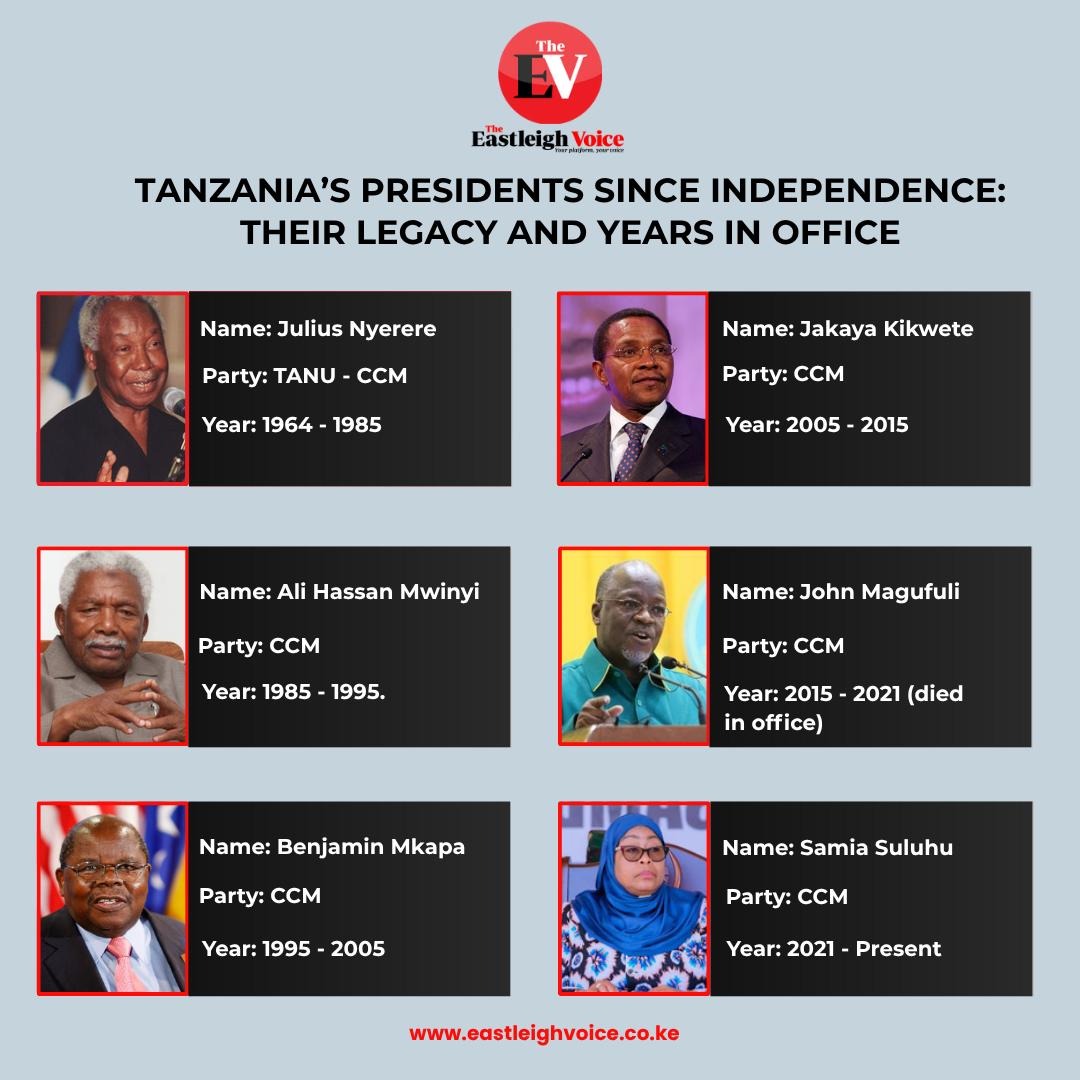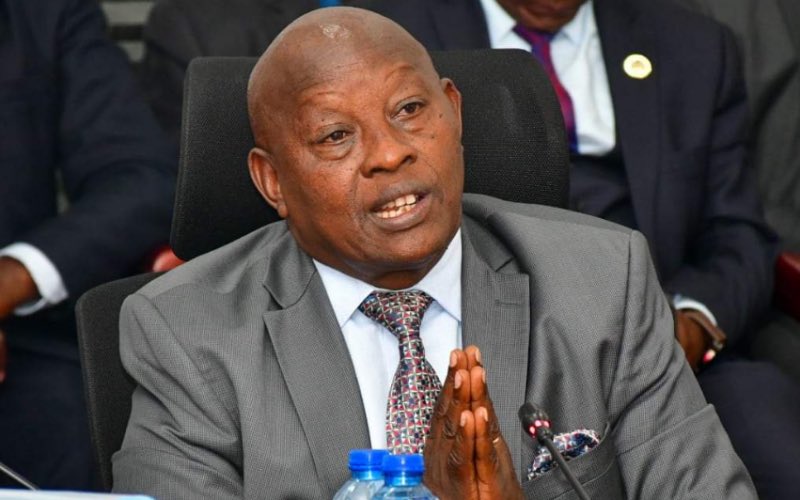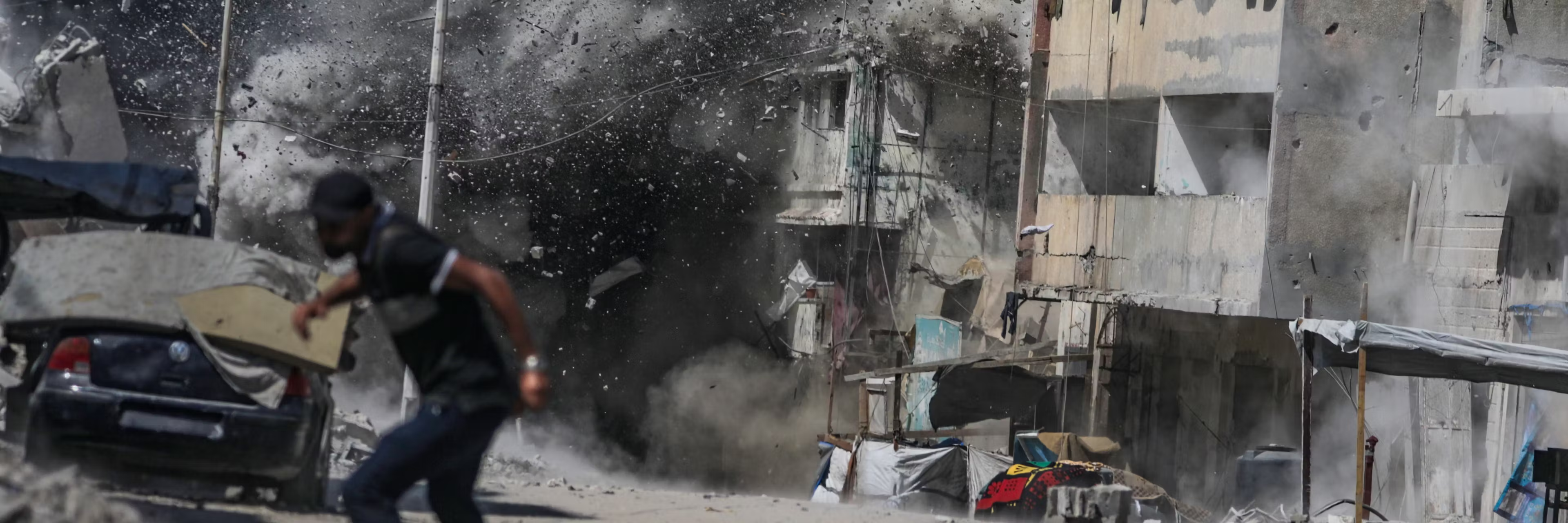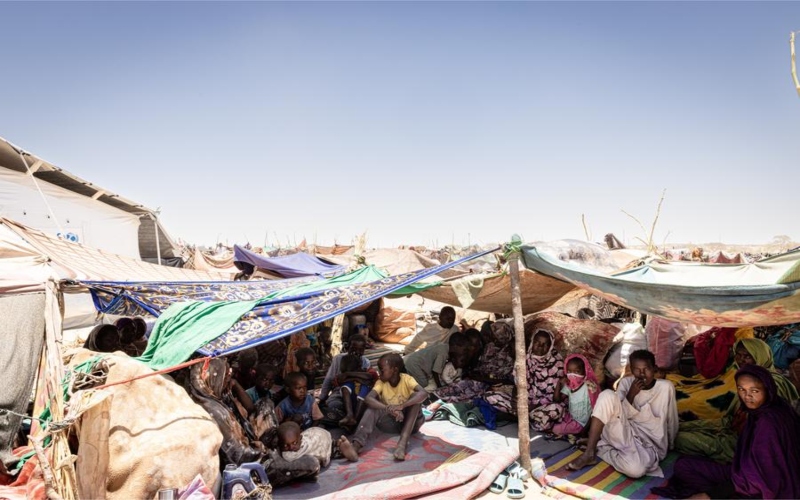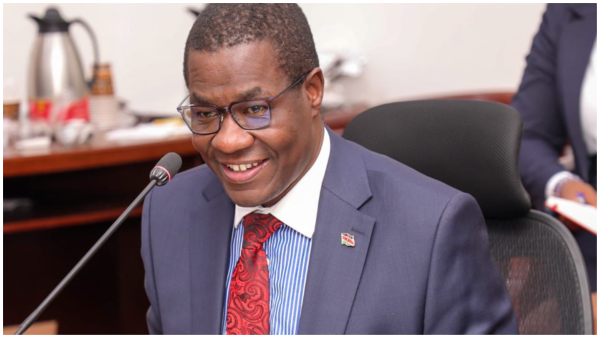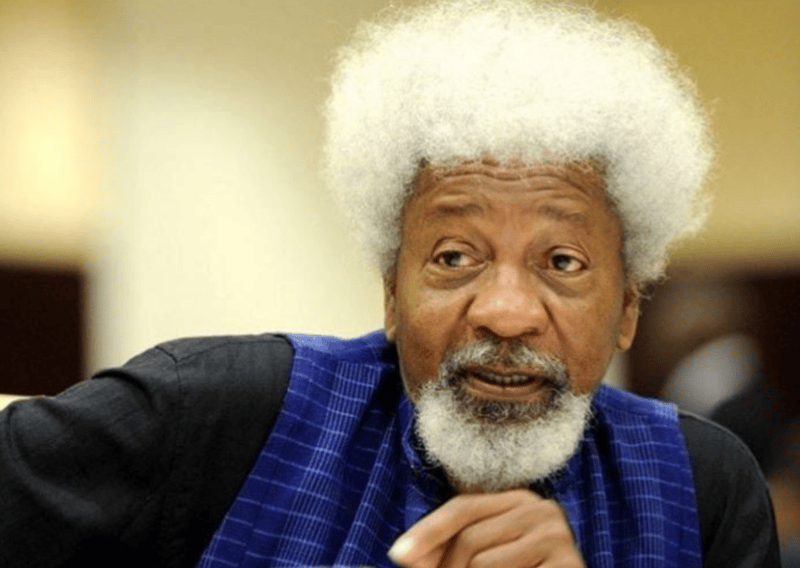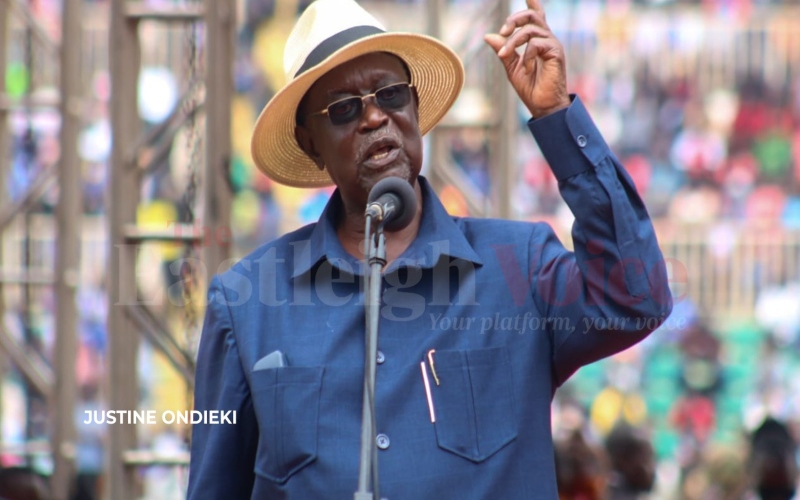Ethiopian troops should remain in Somalia, Jubaland and South West states say

The two states declared their positions after Hussein Sheikh Ali, the National Security Adviser to Somali President Hassan Sheikh Mohamud, said the government expected all Ethiopian troops to withdraw by the end of the year.
The Jubaland and South West states of Somalia want the Ethiopian National Defence Force (ENDF) to remain in the country so that its security is not jeopardised in the face of persistent threats from the terror group Al-Shabaab.
The two stated their positions after Hussein Sheikh Ali, the National Security Adviser to Somali President Hassan Sheikh Mohamud, said the government expected all Ethiopian troops to withdraw by the end of the year, at the expiry of the mandate of the African Union Transition Mission in Somalia (ATMIS).
More To Read
- Somali Intelligence Agency foils Al-Shabaab attack in Mogadishu, kills 7 militants in Middle Shabelle region
- Talks between Somalia’s President Hassan Sheikh, Jubaland leader Ahmed Madobe end without agreement
- Somalia’s President Hassan Sheikh moves to end political standoff with Jubaland leader Ahmed Madobe
- Somali intelligence kills Al-Shabaab leader Abdi Xiiray in major crackdown
- Somali troops awarded for heroism in battlefield victory against Al-Shabaab
- Somali intelligence kills Al-Shabaab leader behind presidential convoy attack
Jubaland's Vice President, Mohamud Sayid Aden, expressed concern that Hussein's announcement would cause unease among the Ethiopian forces currently in Somalia, leaving them uncertain about their future.
“This will only benefit Kharwarij,” Mohamud told the Voice of America's Somali Service, as reported on Tuesday, using Mogadishu's preferred term for Al-Shabaab militants.
While terming it as an overall “difficult situation," he added, “It's not a matter that can be agreed upon by the stakeholders.”
South West's view
South West State Security minister Hassan Abdulkadir Mohamed stressed the need for a thorough discussion before the troop withdrawal. He told the VOA that the state was happy with the presence of Ethiopian troops.
“If ATMIS are going to be removed from the country, it needs to be discussed. No one can make a unilateral decision. The South West is happy to have Ethiopian troops stay,” he said.
Ethiopia has not issued a statement on the matter, but observers believe the stand by Somalia could trigger challenges between Somalia and the African Union (AU), which is in charge of the stabilisation mission.
“I am not sure if this decision has been communicated officially to the AU for them to take the necessary actions. The AU now has the additional challenge of mediating between its member states on this post-ATMIS question after it has been unable to do so on the MoU,” Samira Gaid, a prominent Horn of Africa security analyst, told the VOA.
“So, this can be interpreted as an escalation after six months of the MoU being made public.”
Gaid was also uncertain that Mogadishu and AU officials would have time to arrange replacement forces.
“The government alluded to existing troop-contributing countries (TCC) taking on that responsibility. However, the likelihood of existing TCCs stepping in, organising themselves in the remaining time, and operating in Bay and Bakool without clarity on the possible political challenges they would face—and clarity on the wider post-ATMIS questions of resourcing, mandate, and numbers—remains to be seen,” she said.
Somalia's powers
Ethiopia currently has thousands of troops operating in Somalia, mainly in the three states of Southwest, Jubaland and Hirshabelle, far from Somaliland. According to the VOA, some of these troops operate as part of the ATMIS mission, while others are in the country under bilateral security agreements.
Still, hundreds of Ethiopian troops are irregularly deployed in the South West and Jubaland; they are not part of the ATMIS mission, and President Hassan's government wants them removed from his country.
Neither South West nor Jubaland, two autonomous regional states bordering Ethiopia and Kenya, possess constitutional powers to invite and retain foreign troops on their soil.
The overall mandate for military deployments in Somalia resides solely with the Somali Federal Government. However, successive governments have frequently sought military assistance from the UN and the AU, resulting in the deployment of African troops who operate under ATMIS.
ATMIS started withdrawing from the country last year and the final contingent is expected to leave by December 2024, which will impact Burundi, Djibouti, Ethiopia, Kenya, and Uganda.
According to officials implementing the Somali Transition Plan (STP), ATMIS is set to offload 5,000 soldiers this month.
The government of Somalia initially insisted it would handle the gaps created upon the exit of the mission troops and recently signed a defence deal with Turkey.
Top Stories Today

